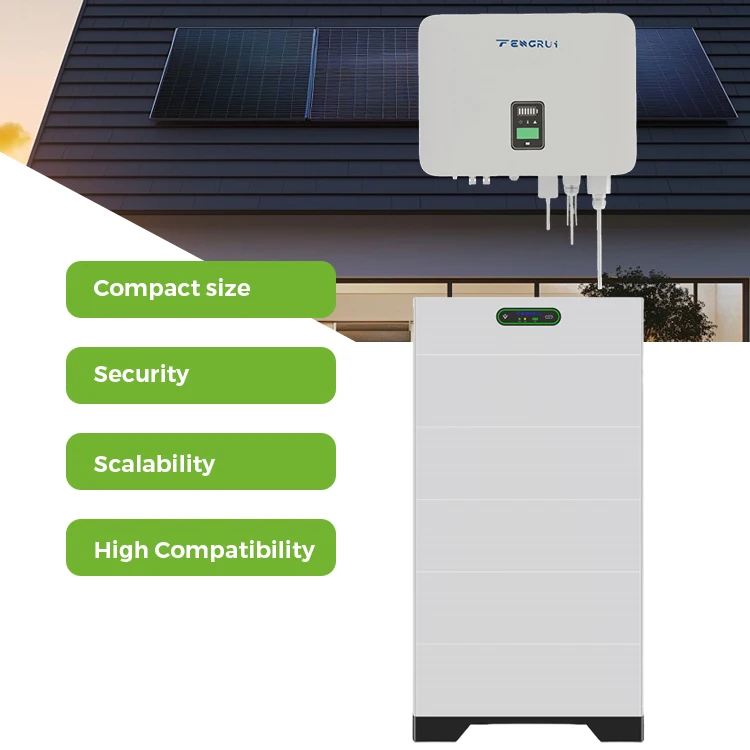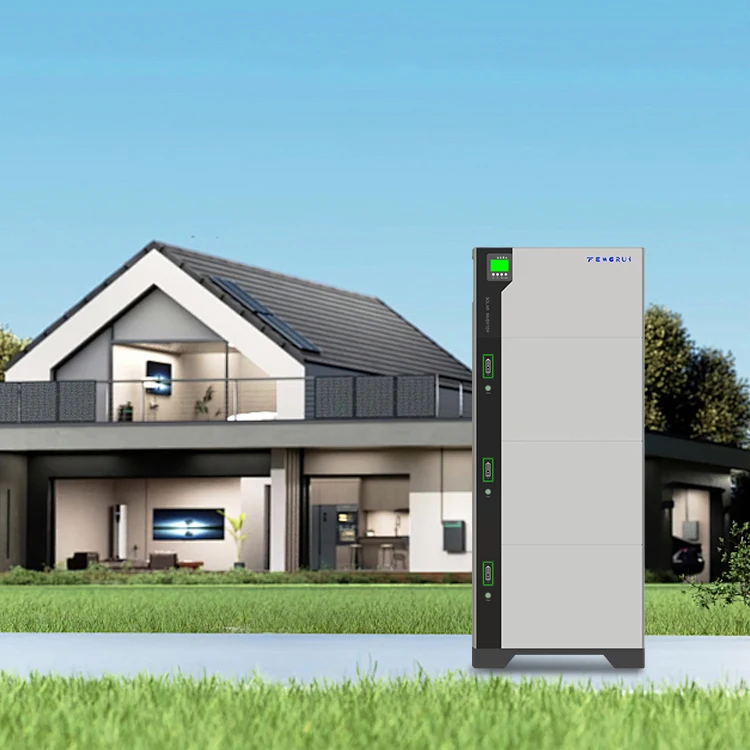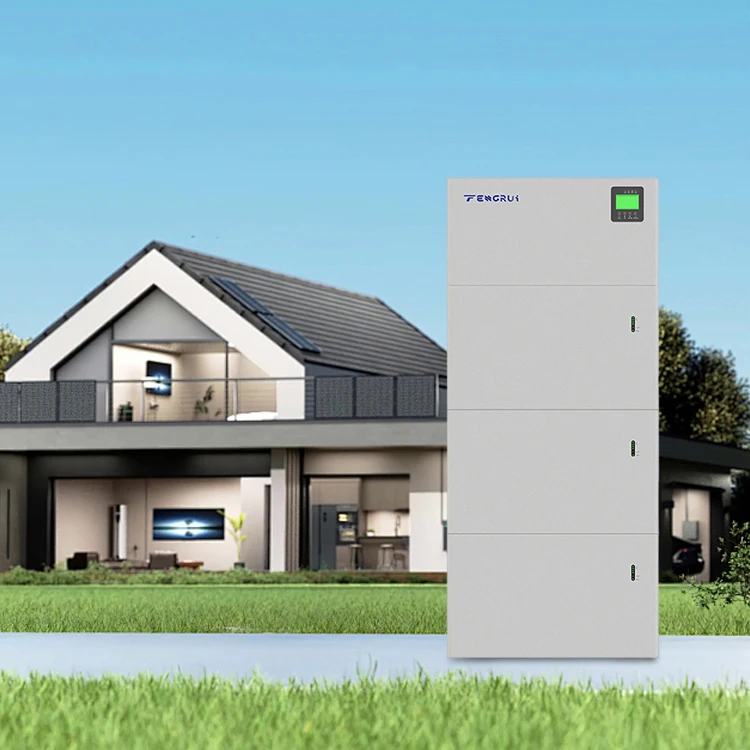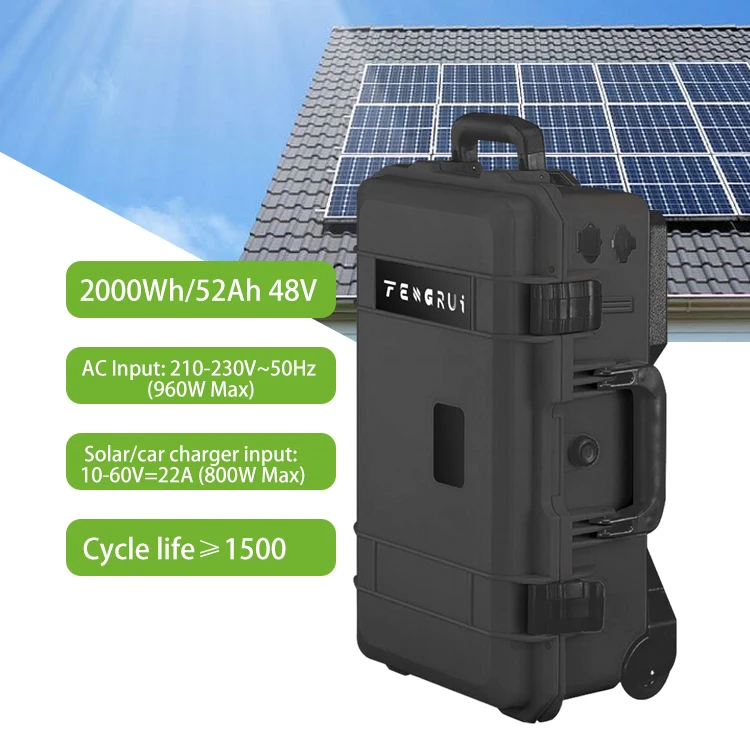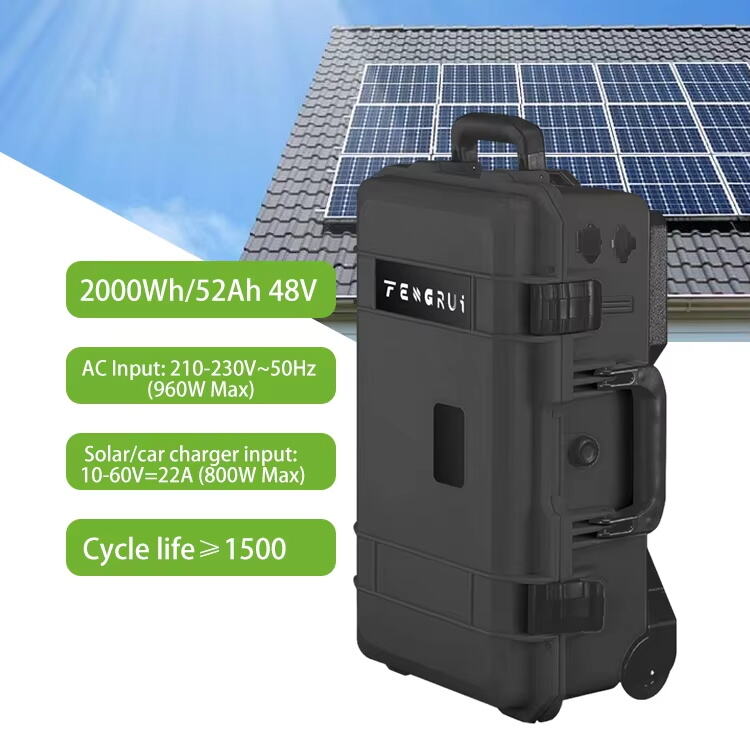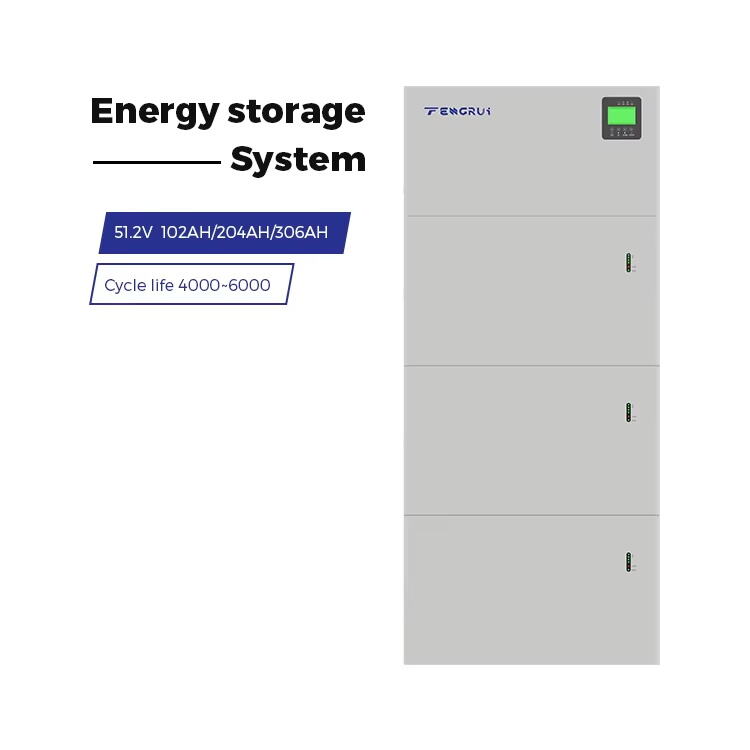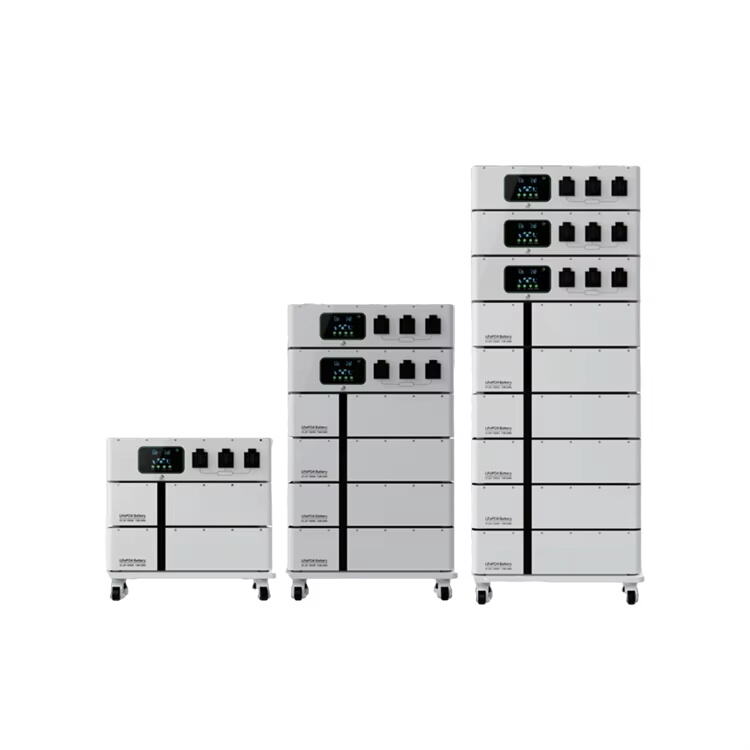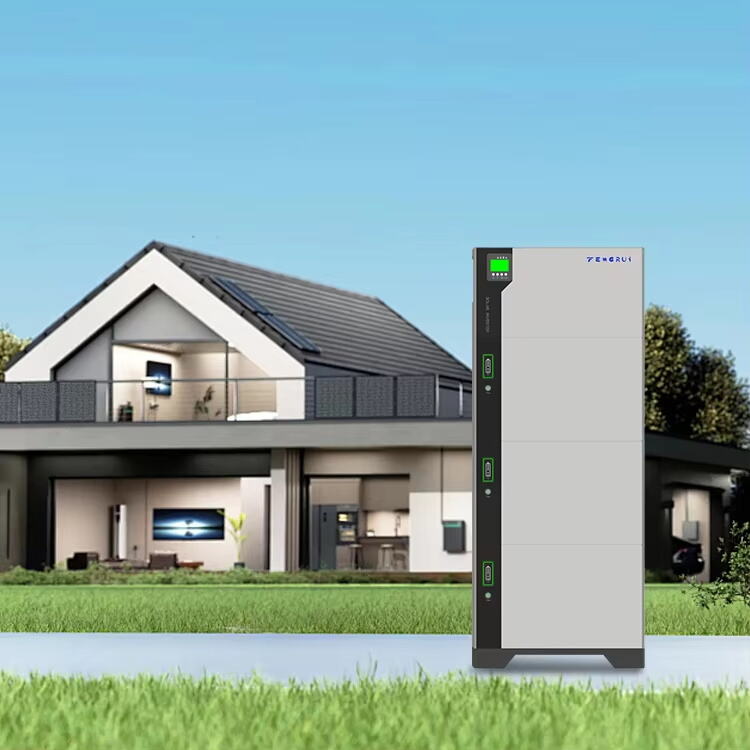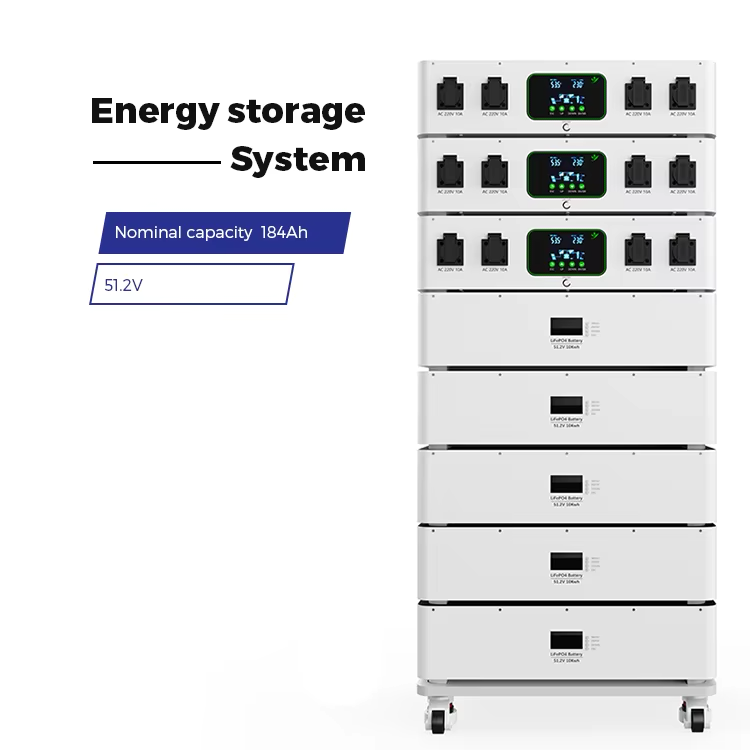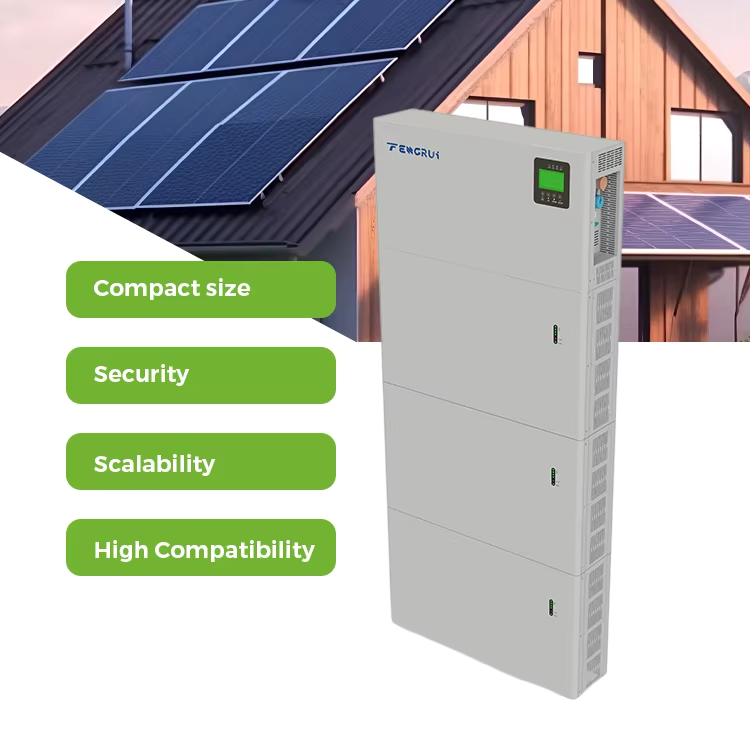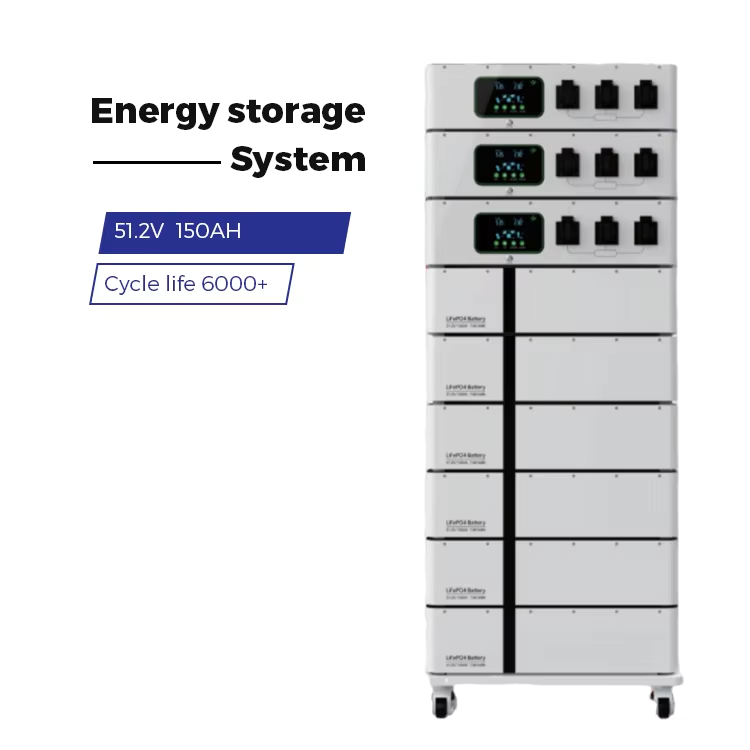household solar battery
A household solar battery serves as a revolutionary energy storage solution that transforms the way families manage and consume electricity. This advanced system captures excess solar energy generated during peak sunlight hours and stores it for later use, typically during nighttime or cloudy periods. The technology employs sophisticated lithium-ion cells, similar to those found in electric vehicles, but optimized for home energy storage. These systems integrate seamlessly with existing solar panel installations, featuring smart monitoring capabilities that allow homeowners to track energy production, storage, and consumption in real-time through user-friendly mobile applications. Modern household solar batteries typically offer capacities ranging from 5kWh to 15kWh, sufficient to power essential home appliances during grid outages. They incorporate advanced battery management systems that optimize charging cycles, maintain optimal temperature conditions, and ensure safe operation. The installation process involves connecting the battery to both the solar panel system and the home's electrical panel, creating a comprehensive energy management ecosystem. These systems are designed with multiple operating modes, including backup power, self-consumption, and time-of-use load shifting, allowing homeowners to maximize their energy independence and cost savings.

